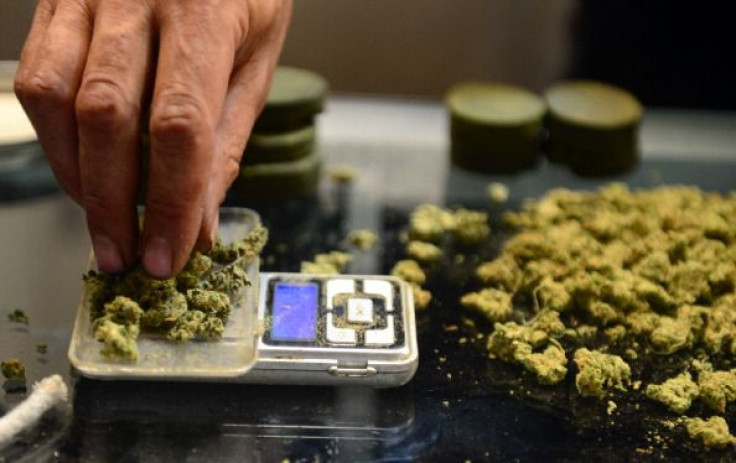Medical Marijuana Benefits: Chronic Pain Treatment Is Top Reason For Prescription

As more U.S. states seek licenses to dispense marijuana for medical purposes, so increases the number of qualifiers for access. While medical cannabis is purportedly known to cure a wide range of ailments, the law lists 21 or so qualifying conditions to justify its use and stay within legal limits. Of the long list of conditions, pain emerges as the top reason why people are being prescribed with weed.
The restrictions and dividing line between medical and recreational marijuana is thin in most areas, but there are states that only allow cannabis use if there is a prescription from a licensed physician. A study published in the Health Affairs journal analyzed 15 states and found that chronic pain is the most common reason why people seek cannabis treatment. This is followed by multiple sclerosis-related stiffness and nausea associated with chemotherapy. Other reasons mentioned were post-traumatic stress disorder, cancer, irritable bowel disorder, epilepsy, glaucoma and spinal cord injury.
The research did not look into whether or not the cannabis treatments had worked for the patients who opted for them, mostly due to insufficient evidence. Still, this study could be a precursor to more in-depth analyses of the effect of marijuana on specific types of diseases, especially now that it is legally approved. There is little evidence, although what is available so far is positive, on its impact on dementia and glaucoma. Substantial evidence is present for chronic pain and multiple sclerosis, while conclusive evidence is available for chemo-induced nausea and vomiting.
There are 33 U.S. states, plus the District of Columbia, that allow cannabis for medical use, while ten allow recreational use. California was the first to approve it for treatment purposes in 1996.
In an interview with CBS News, Brandian Smith said she has stopped taking opioids to deal with the pain from her fibromyalgia and found comfort in marijuana. Smith added that she usually spends some $300 monthly for her supply.
© Copyright IBTimes 2024. All rights reserved.











